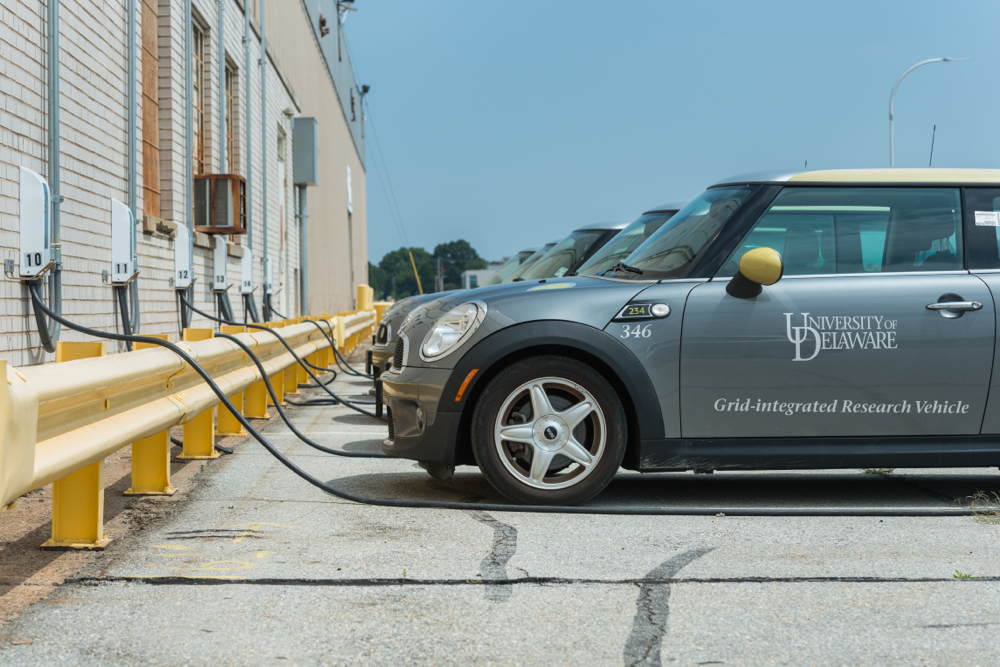Mini, despite being owned by BMW since 1994, has long been a decidedly British brand.
But both employees and fans worried that its British roots might be overlooked as a decision on where Mini's electric car is to be built closed in.
Most Mini production takes place at the brand's Oxford plant in England, but both supply-chain factors and Brexit had led BMW board members to consider producing the electric Mini elsewhere.
DON'T MISS: Electric Mini officially confirmed by BMW CEO, also electric BMW X3
In early July, Reuters reported that Mini and BMW would decide by September on a production location for the electric car.
About 70 percent of Mini production remains in England today, while plants in the Netherlands and Germany that build the Countryman small crossover utility vehicle supply the additional 30 percent.
Later reporting from Reuters suggested that despite the looming effects of Brexit, the main Mini plant in Oxford remains the favored location for assembly of the electric Mini.
On July 25, BMW confirmed that the electric Mini would be built in Oxfordshire and based on the Mini three-door hardtop model.

MINI E electric cars used in vehicle-to-grid test. Photo by University of Delaware/Evan Krape
EDITOR'S NOTE: This article was originally published on July 6, 2017. We updated it on July 23 to reflect later reporting from Reuters, and again on July 26 to reflect BMW's final decision to build the electric Mini in Oxford.
While Dutch and German plants were being given a closer look in the wake of Britain's "Brexit" vote to leave the European Union and the potential tax regimes that could result, the commonality expected for the new Mini E likely won the day.
The battery packs for the electric Mini, however, will be supplied from Germany.
Automakers, in general, are worried about the potential effects Britain's EU exit will have, which may include both tariffs and new taxes. Today, Britain is included in the unrestricted movement of goods and services—free trade—among all EU member countries.
READ THIS: If BMW i5 is canceled, what does that mean for its electric cars?
"If you made the motor in a German plant, and you then assembled the car in a British plant, and you took the cars back to the German market," Ian Robertson, the firm's board member for sales, said, "then the duty that you would pay would be reclaimed."
It's one example of the many options Mini and BMW are discussing to minimize the effect of tariffs and taxes that aren't yet known—and may not be for a year or more.
Modern-day MINI assembly at MINI Plant Oxford, England, Mar 2013 (the plant's 100th birthday)
The investment to produce the electric Mini is likely to be worth tens of millions of pounds.
Mini's parent company, BMW, is also preparing to launch a new onslaught of electric cars.
CHECK OUT: Fall debut for electric BMW 3-Series to fight Tesla Model 3: report
An electric 3-Series is slated to debut this fall as a Tesla Model 3 rival, and an electric X3e will arrive to replace the now-defunct plans for a BMW i5.
Whether Mini buyers at large really care about where a future electric Mini is built, however, remains to be determined. They may not.
_______________________________________________












